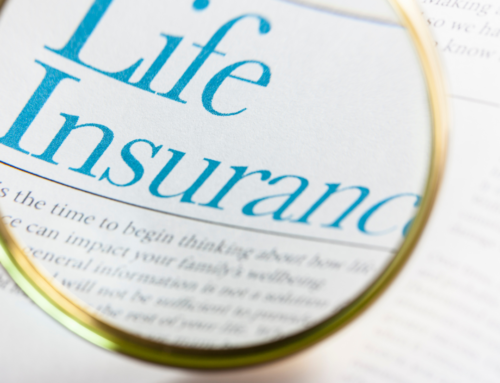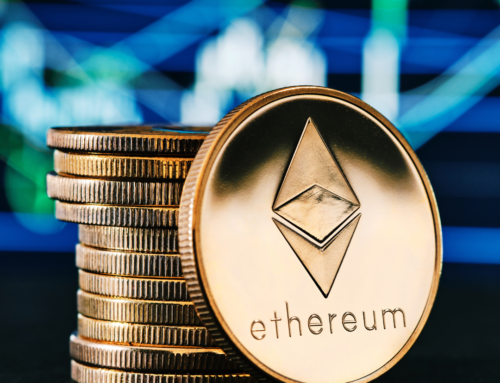One of the most commonly asked questions is “How do credit card interest rates work?” There are a bunch of myths floating around about credit cards and interest rates. One of them is that you will get hit with a much higher interest rate if you default on your loan. The truth is that the rate is a set amount, which is very low in most cases.
Credit cards are so popular that they’ve become the default method of payment in the United States. That’s why they’re so enticing to use when you’re looking to purchase something — and what’s more, they can really save you money! But credit card interest rates can be a bit confusing and can be downright tricky to understand. We’re here to help explain how credit card interest works!
Understanding what a credit card is
Credit and debit cards are used for purchases of less than €1000 (or $1350), which is similar to cash. Credit card and debit card transactions are not subject to VAT, which means that when a consumer spends €1000 (or $1350) on goods and services, the value of those goods and services is not taxed. If a consumer uses a credit card to buy goods and services for €1000, he or she will not pay any VAT on that spending.
Credit cards are more than just plastic: they are a vital part of our financial ecosystem. They are both an economic tool and a way to pay people back. Any credit card type can be used in the right context, and the right person can get a lot out of using it. Credit cards are a great way to build your credit and can help you pay for things you need. Without credit cards, you can use them to build your credit, such as a student loan or a loan you’re taking out to buy a car. If your credit card is stolen or lost, or you are prevented from making payments on your cards, you can call the credit card company and issue a new one.
Why do we have credit card interest?
At this point, you may have seen the television commercial for “The Bank,” a new mortgage lender that offers no interest on top-up accounts for up to 12 months. This is clearly a marketing gimmick, but it also has serious potential consequences for everyone since credit card interest rates are often sky-high. Credit cards can be a great tool for paying bills, taking a vacation, or just splurging on a few items here and there. However, they can also be a cash trap if not used the right way. Discounts, rewards, and other benefits can be great, but knowing how to protect yourself when interest rates are high is something every credit card user should be familiar with.
Interest is the amount that you pay for borrowing money. If you don’t pay the money back in a specific amount of time, you will be charged interest if the amount is never paid back. If you pay off the balance on time, or if the balance is paid off, you won’t be charged interest.
How does the credit card interest work?
When you take out a credit card to buy something, a certain amount of money is taken out of your account and put into the bank (the lender). The more you use your card; the more money is taken out of your balance. If you spend more than you earn, you will rack up a balance and have to pay interest on the full amount. When paying off your credit card, the money taken out of your account will be put back into your account, with the lender increasing your credit limit to continue to make payments.
When you use a credit card to make purchases, you pay interest on the amount of your purchase. You can find out just how much interest you owe by going to your credit card statements or online statements by logging into your credit card account. Credit card interest can be a pain in the butt when you are carrying a balance. If you are carrying a credit card balance, then interest basically works like this: you pay the minimum amount due plus interest on your credit card bill. As long as you keep making payments, the interest you pay goes towards the principal on your balance, and you pay less and less interest over time. But, if you don’t make payments on your credit card balance, you don’t pay interest, and you will pay a lot more.






Leave A Comment